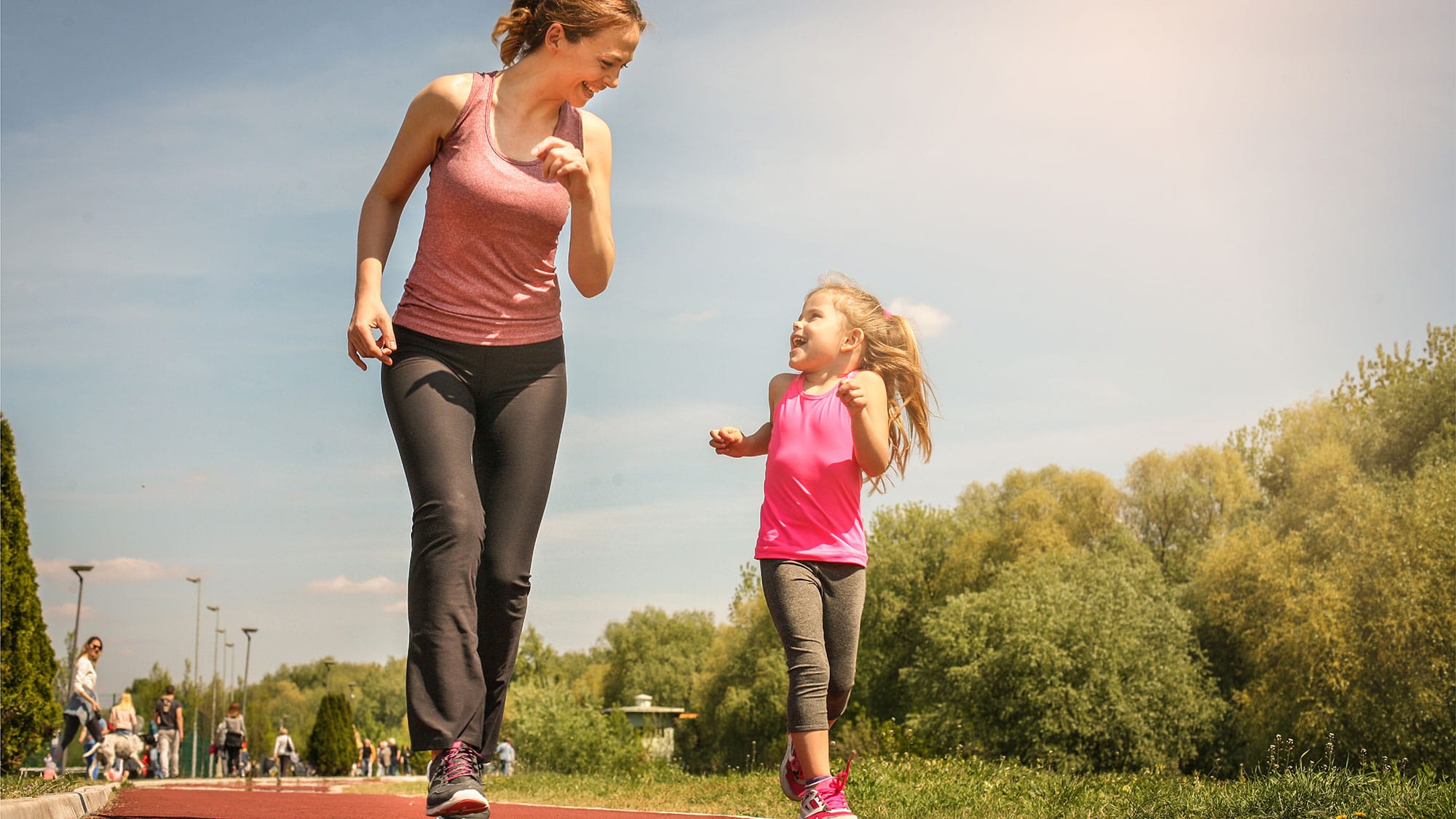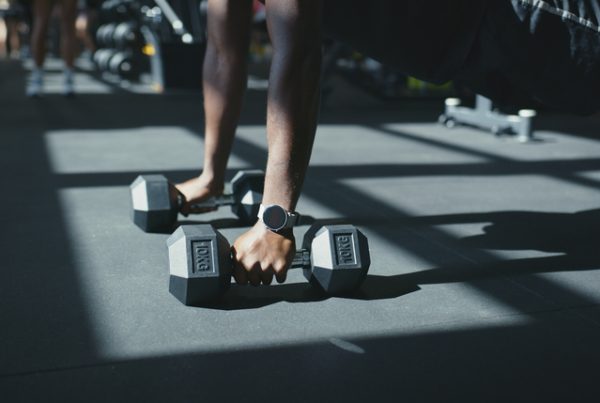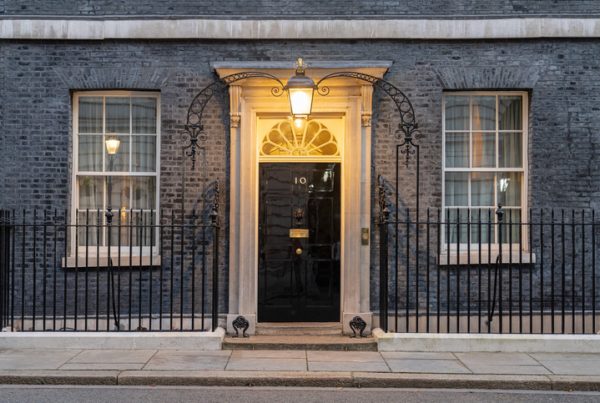Poll shows exercise voted number one way people can help the NHS, ahead of cutting smoking and drinking, improving diet and paying taxes
Britons believe being physically active to improve health and fitness is the most important thing they can do to support the NHS and reduce pressure on its services, according to new research commissioned by ukactive for National Fitness Day.
The study of 2,123 UK adults by Savanta ComRes* found that 69% of respondents want to do more physical activity or exercise considering the impact of COVID-19. Almost a fifth of respondents (18%) said that being physically active was the best way to support the NHS, with more than half (51%) ranking exercise in the top three ways to help. Next on the list, by a margin, was cutting smoking, followed by improving diet, paying taxes, cutting alcohol, making charitable donations, and volunteering.
The COVID-19 pandemic has put NHS services under extreme pressure, which has led many people to reconsider the ways they approach their personal health, including being more physically active each day.
Regular exercise has been shown to improve a person’s ability to regulate the immune system, which is essential for avoiding the severe symptoms of COVID-19. It also reduces the risk of underlying conditions and illnesses which make us vulnerable to the virus, such as heart disease, stroke, type 2 diabetes and some cancers**.
The new research also shines a light on the mental health benefits of physical activity, which millions of Britons have relied on this year. Around three fifths (58%) of respondents said that during lockdown they were able to manage their mental health and wellbeing through being active, and 63% said that participating in sport and physical activity with others can help with feelings of loneliness.
Despite these benefits, the poll showed the perceived value of physical activity is not always reflected by how UK adults spend their time – a quarter of respondents are classed as physically inactive (25%), only doing 30 minutes or less of moderate exercise a week, including 12% who admit they get no exercise at all. The Chief Medical Officer recommends at least two-and-and-a-half hours (150 minutes) of physical activity a week.
The findings come ahead of National Fitness Day this Wednesday, 23 September – a campaign which highlights the vital role physical activity plays in uniting communities and helping people to lead healthier, happier lives.
Under the banner, ‘Fitness Unites Us’, the day will see thousands of Covid-secure free events and activities take place in parks, leisure centres, gyms, schools and workplaces across the UK, as well as online through providers’ digital platforms, encouraging people to try new activities and start new fitness habits.
Paralympic champion, House of Lords Peer and Chair of ukactive, Baroness Tanni Grey-Thompson said: “Physical activity has never before played such a vital role in our lives, as we continue to face the health implications of the pandemic.
“By being more active, we not only have the chance to improve our mental and physical health, but also to give ourselves a better chance against COVID-19 and reduce the burden on the NHS.
“No matter what your age, ability or background, we all have a common interest in physical activity, and this year’s National Fitness Day is a chance to recognise the incredible ways that fitness unites us.”
Olympian, sports scientist and Chair of the ukactive Scientific Advisory Board, Professor Greg Whyte OBE said: “National Fitness Day is all about celebrating the fun of physical activity and the joy it brings us, which is very close to my heart.
“But this is no normal year, and these results clearly show the British public is more aware of our individual responsibility to be more active and lead healthier lives, helping to reduce the pressure on our NHS.
“As we learn more about COVID-19, the importance of immune and metabolic health in reducing our risk is becoming increasingly clear, pointing towards the central role of physical activity, alongside other lifestyle modifications, in reducing infection and severity of disease.
“It’s time we all take a close look at our activity levels and start to build more exercise into our daily lives.”
Chief Executive of Sport England, Tim Hollingsworth said: “We welcome these findings as the latest evidence of the vital role that physical activity can play in supporting our NHS and helping us create a happier, healthier society.
“Our sports clubs, gyms, parks and leisure centres help form the fabric of our society: supporting community cohesion, improving wellbeing, reducing loneliness and anti-social behaviour and boosting productivity in the workplace.
“National Fitness Day is a time when you can take the first step, no matter how small, to living a more active life, so I encourage everyone to get involved and try something new.”
For more information on National Fitness Day and to find free events in your area or online, visit: www.nationalfitnessday.com
*Savanta ComRes interviewed 2,123 UK adults aged 18+ online between 11 and 13 September 2020. Data were weighted to be nationally representative of all UK adults by key demographics including age, gender, region and socio-economic grade. Savanta ComRes is a member of the British Polling Council and abides by its rules. Full data tables are available at www.comresglobal.com
**Regular exercise reduces the risk of underlying conditions including a 40% reduced risk of type-2 diabetes, cardiovascular disease (by 35%), dementia (by 30%) and some cancers (by 20%), according to statistics from Public Health England.




